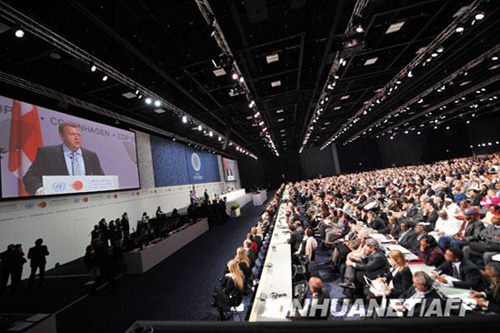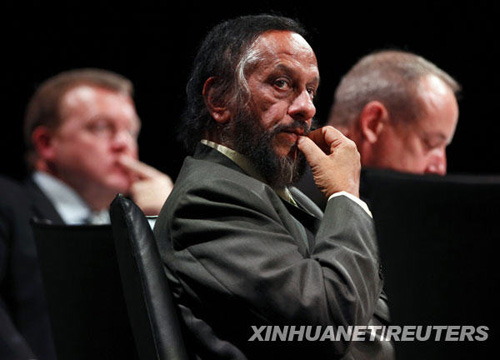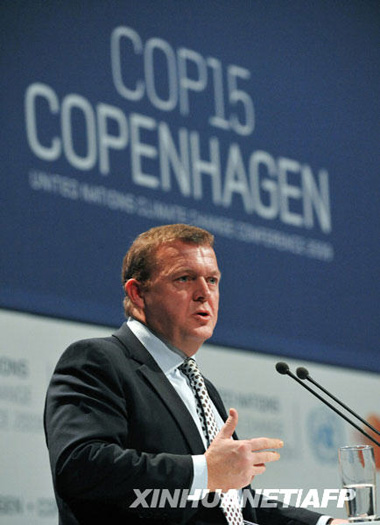UN climate change conference opens
|
|
|
UN Climate Change Conference opens in Copenhagen on Monday. |
More than 100 world leaders will gather next week in Copenhagen to add to global efforts to fight climate change as the UN's top climate change official called for "significant and immediate action" on Monday at the inauguration of the UN Climate Change Conference.
"The clock has ticked down to zero. After two years of negotiations, the time has come to deliver," said Yvo de Boer, executive secretary of the United Nations Framework Convention on Climate Change (UNFCCC).
|
|
|
Yvo de Boer attends the inauguration of the conference. |
De Boer spelled out three layers of action that governments must agree to: fast and effective implementation of immediate action on climate change; ambitious commitments to cut and limit emissions, including start-up funding and a long-term funding commitment; and a long-term shared vision on a low-emissions future for all.
"Copenhagen will only be a success if it delivers significant and immediate action that begins the day the conference ends," said de Boer.
He urged negotiators to focus on crafting "solid and practical proposals" that will unleash prompt action on mitigation, adaptation, finance, technology, REDD (Reducing Emissions from Deforestation and Forest Degradation in Developing Countries) and capacity-building. "Developing countries desperately need tangible, immediate action on these crucial issues."
More than 15,000 participants, including delegates from more than 190 countries, were taking part in the conference that is seen as offering a historical opportunity to step up international action on climate change.
|
|
|
Danish Prime Minister Lars Lokke Rasmussen addresses the inauguration. |
Danish Prime Minister Lars Lokke Rasmussen told the delegates: "The magnitude of challenge before us is to translate this political will into a strong common approach: To forge a deal that will provide for effective global solutions."
Rasmussen said 110 heads of state or government will come to Copenhagen to attend the conference next week. "Their presence reflects an unprecedented mobilization of political determination to combat climate change," he added.
Speaking at the inauguration of the conference, many negotiators from developing countries called for a binding deal and the continuation of the Kyoto Protocol, which is generally seen as an important first step towards a truly global emission reduction regime that will stabilize greenhouse gas concentrations.
Under the Kyoto Protocol, adopted in 1997, developed countries have committed to reducing their emissions by an average of 5 percent against 1990 levels over the five-year period 2008-2012. Pressure was mounting for developed countries to commit to ambitious targets on cutting emissions and funding for developing nations after 2012.
 0 Comments
0 Comments









